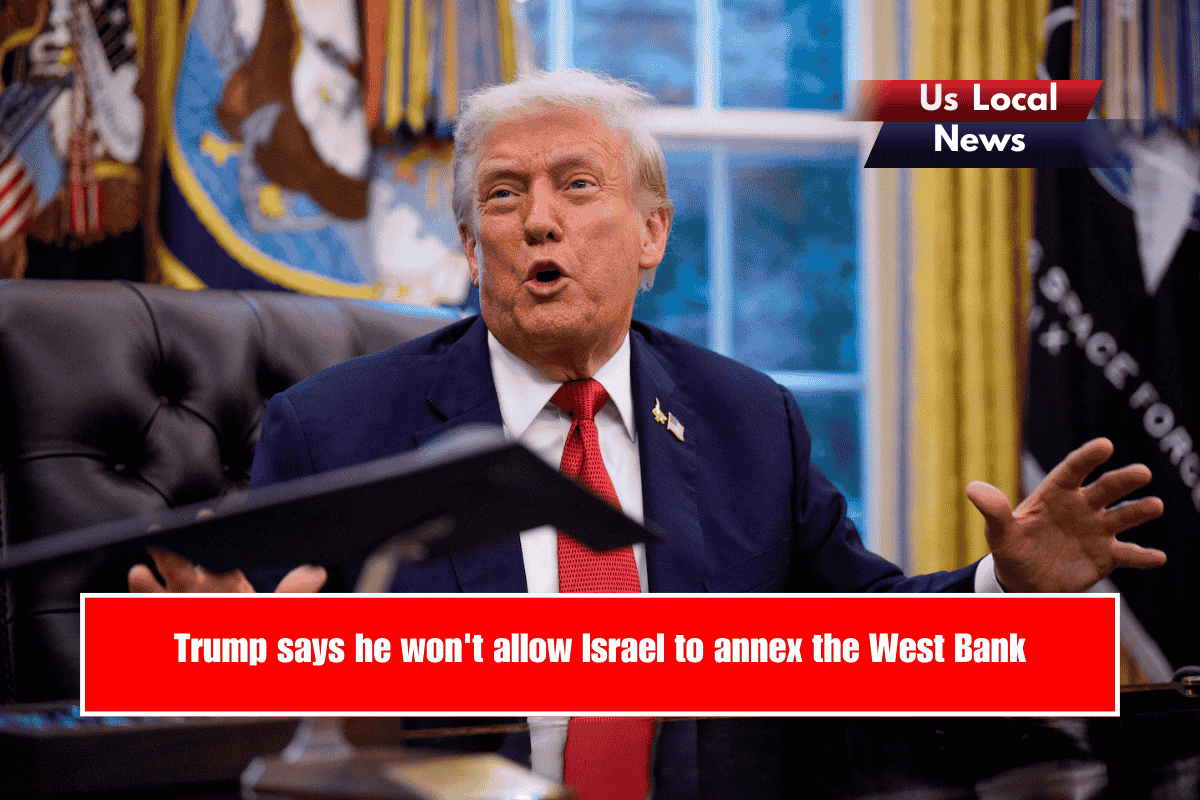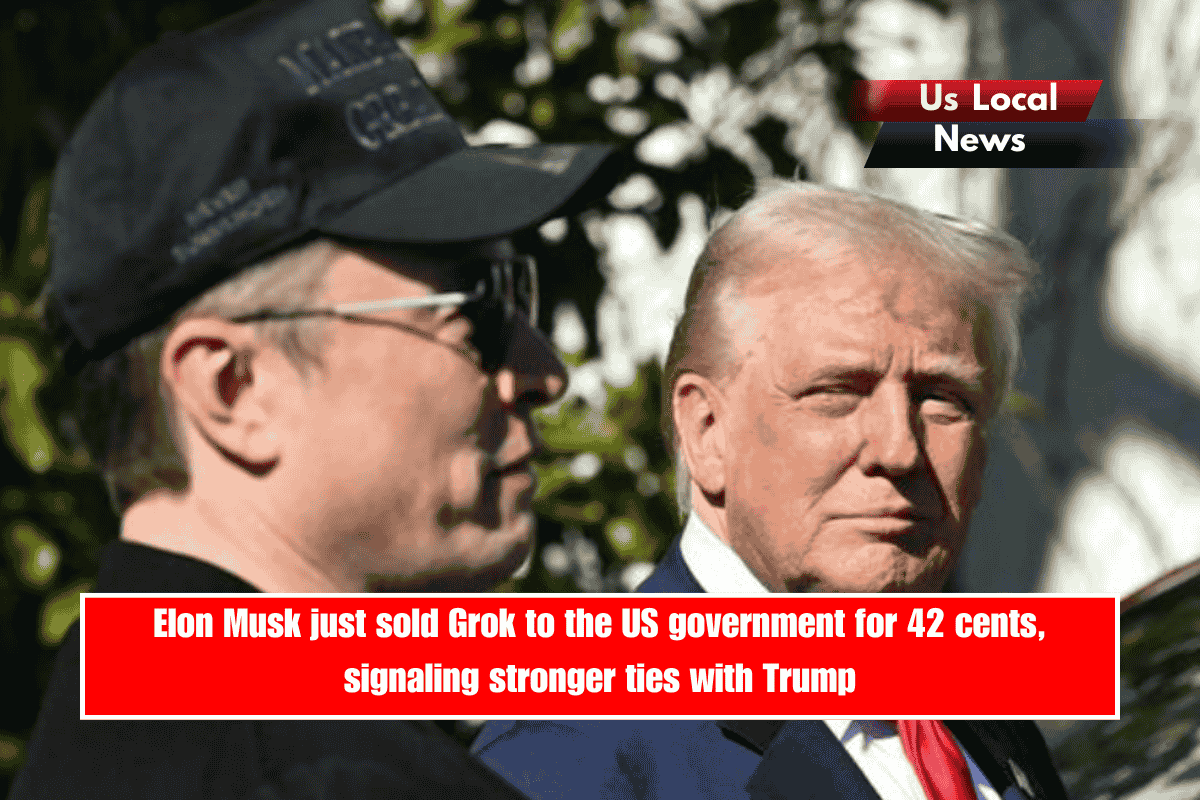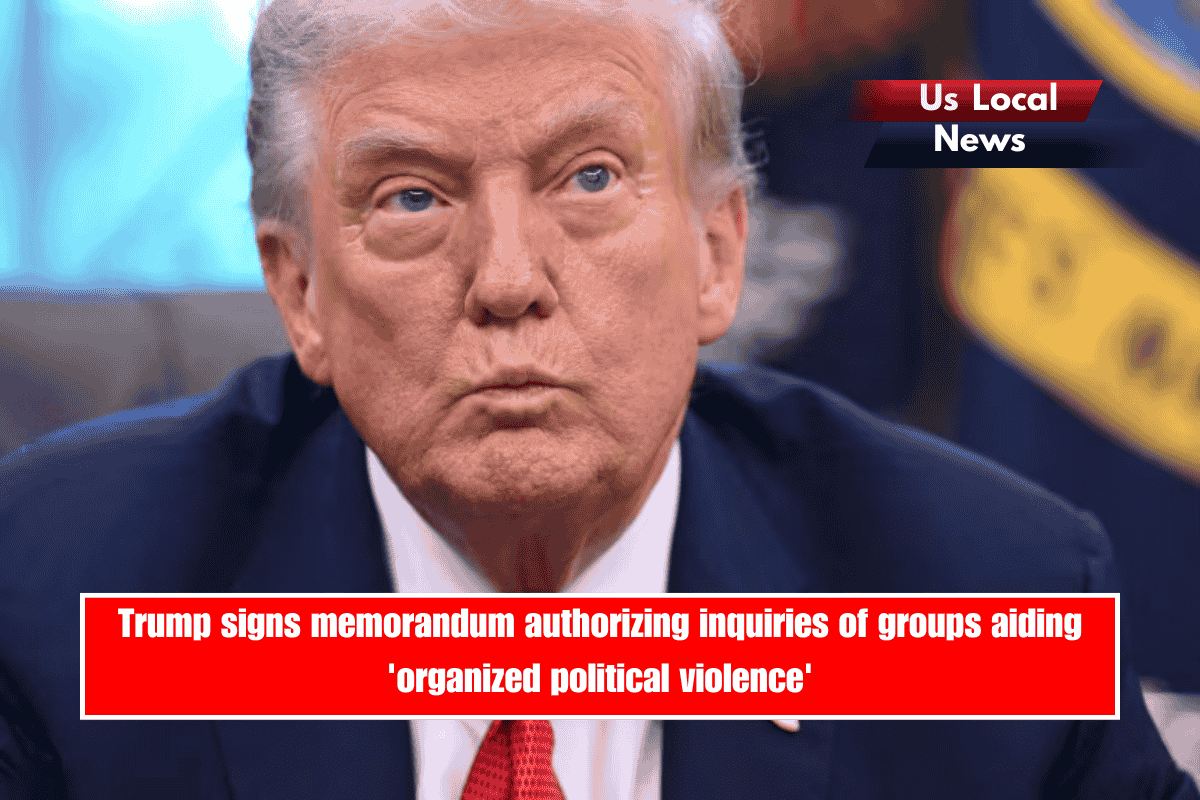President Donald Trump signed an executive order Thursday blessing TikTok’s US sale for around $14 billion.
As part of the framework, Oracle will audit TikTok’s US algorithm.
TikTok staffers have questions about what the new structure will mean for their jobs.
President Donald Trump signed an executive order on Thursday approving the sale of TikTok’s US business to a buyer consortium.
Vice President JD Vance stated on Thursday that TikTok US would be valued at “around $14 billion.”
The exact composition of the new consortium has not yet been revealed. On Thursday, Trump announced that Oracle and Larry Ellison would be part of the deal, which would also include “four or five world-class investors.”
“Oracle is playing a very big part,” Trump said on Thursday.
He added that Michael Dell and Rupert Murdoch would be involved in the transaction.
Vance described the buyers as a “blue chip group of investors.”
According to the executive order, TikTok’s current owners, ByteDance and its affiliates, will own less than 20% of the new company.
TikTok US’s $14 billion valuation would give it a market capitalization comparable to Snapchat maker Snap. Analyst estimates for TikTok US’s value were significantly higher, with Morningstar estimating in June that the company would sell for more than $50 billion.
Fidelity valued ByteDance at more than $385 billion in July.
After years of uncertainty about its future in the United States due to a divestment law, TikTok can now conduct business without fear of being banned.
As part of the agreement, US users will be able to watch videos from creators around the world, and vice versa, according to White House spokesperson Karoline Leavitt on Monday. Oracle will audit the US spin-off’s algorithm, which will be “retrained and operated in the United States outside of ByteDance’s control,” according to Leavitt.
“What this deal ensures is that the American entity, the American investors, will actually control the algorithm,” Vance informed reporters on Thursday.
According to Trump, the algorithm will not only favor MAGA content, but “every philosophy, every policy, will be treated very fairly.”
The US will not receive an equity stake in TikTok, but the government expects to be compensated for facilitating the sale, the president said on Friday. The Chinese government has yet to announce final approval for a deal, but Trump stated on Thursday that Chinese President Xi Jinping “gave us the go-ahead.”
Many questions remain about what TikTok’s US business will look like after it is spun off.
Will advertising partners still be able to buy global ads? What becomes of TikTok Shop, its e-commerce venture? Do TikTok’s new owners intend to make a long-term bet on social shopping, or will they prioritize short-term revenue?
According to Business Insider, some TikTok employees in the United States are concerned that their new owners will deprioritize their team or division, or lay them off completely.
“If it works, great. If it doesn’t, we’ll have to look for another job,” said a current TikTok e-commerce employee.
Another TikTok employee was curious about what the sale would mean for their ByteDance stock after the deal was completed. They also wondered if a “retrained” algorithm in the United States would be as effective as the one currently overseen by ByteDance.
As TikTok prepares for its next phase in the United States, the company has already laid the groundwork for managing its American audience separately.
Oracle is currently working with TikTok’s US Data Security division, or USDS, to store TikTok’s US user data and prevent data leakage.
How we got here
The TikTok sale follows a multi-year effort by Congress and Presidents Donald Trump and Joe Biden to convince ByteDance, a Chinese company, to divest from TikTok’s US assets.
The effort culminated last year, when Congress passed legislation giving TikTok until January 19 to find a new owner or face a ban. ByteDance challenged the law in the Supreme Court, but lost. To comply with the law, the company briefly shut down its app in the United States, but later restored service after then-President-elect Trump stated that he would sign an executive order directing his Justice Department to pause enforcement. He did so when he took office and has repeatedly postponed the TikTok ban while negotiating.
Trump previously proposed a deal that would give the US partial ownership of TikTok, a structure that legal analysts warned could lead to First Amendment challenges. Several potential bidders for TikTok emerged, including the AI company Perplexity and an investor group led by former Los Angeles Dodgers owner Frank McCourt.
For years, state and federal politicians have expressed concern about TikTok. The US government considers China a foreign adversary, and some officials are concerned that TikTok will be forced to hand over US user data to the Chinese Communist Party or use it as a CCP propaganda tool.
TikTok has previously stated that it does not share information with the Chinese government and that its content moderation efforts are overseen by a US-based team that “operates independently from China.”
For some US TikTok employees who have faced political threats for years, this week’s deal news provides “clarity and, hopefully, stability,” according to the first TikTok staffer.
The employee stated that they still have many questions, but it is “better than endless uncertainty.”









